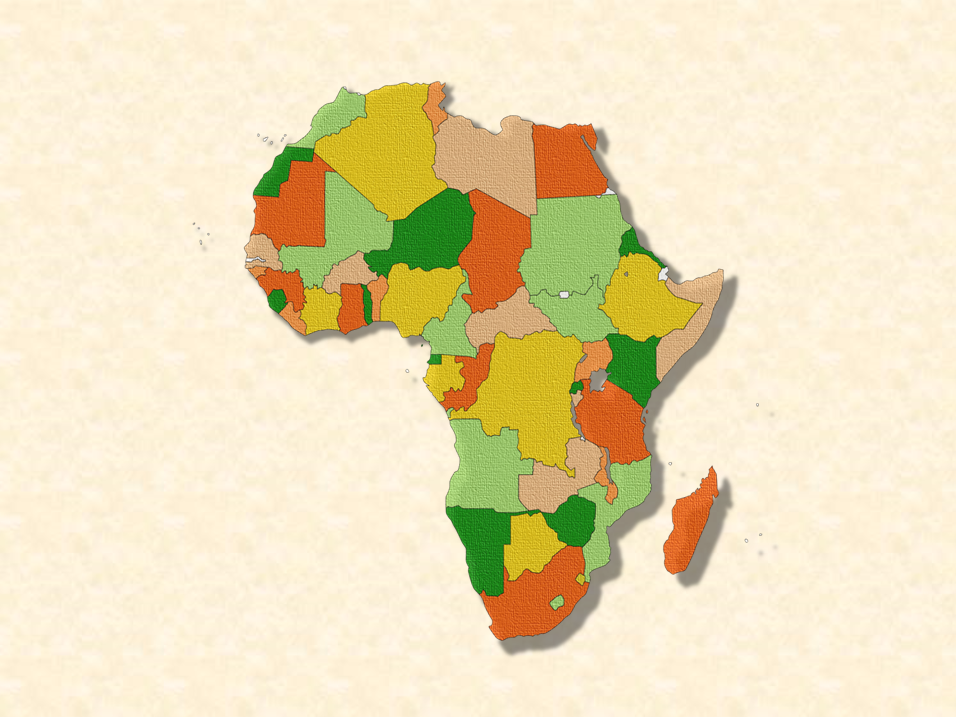Pick Up
906. TICAD 30th Anniversary Official Side Event: Emphasizing the Significance of an Inclusive Approach towards the Diverse Landscape of African Agriculture

906. TICAD 30th Anniversary Official Side Event: Emphasizing the Significance of an Inclusive Approach towards the Diverse Landscape of African Agriculture
On December 1, JIRCAS will host the official TICAD 30th Anniversary Side Event "Towards Building a Sustainable and Resilient Food System in Africa" in a hybrid format. The event will highlight Africa's diversity in agricultural production and food consumption, and present appropriate approaches that respect diversity.
For background on the diversity of African agriculture, here is a description from a 2011 report titled Sub-Saharan Africa: The state of smallholders in agriculture.
Adjectives of superlatives and contrasts are essential in describing sub-Saharan Africa. It has the largest land area in the developing world and the smallest number of countries. The geologically oldest continent is teeming with young populations. It is the richest in high value-added mineral resources, but also has a high concentration of degraded land. It has the fastest growing agricultural sector, but also the highest dependence on food imports. It has the highest percentage of rural poor and the potential for poverty reduction interventions focused on smallholder farmers.
In particular, with 24 million square kilometers of land area, it is by far the largest in the developing world, covering a diverse agro-ecosystem from the arid areas of northern Mali to the tropical rainforests of the Congo Basin. It is rich in mineral resources and geologically extremely stable compared to other continents, with a high concentration of veins of strategic rare resources such as diamonds, cobalt and gold. This geological stability is inextricably linked to a high concentration of low-fertility soils. In the absence of volcanic activity, weathering, erosion and leaching over the years have resulted in very poor soil nutrient conditions. In addition, the soil types are extremely diverse and the conditions that allow plant roots to penetrate the soil, which determine nutrient availability to plants, water retention and drainage capacity, resistance to erosion and compaction, and thus plant growth, vary greatly from region to region.
To provide nutritious food for Africa's projected population growth under the increasing risks of climate change, it is necessary to understand the diverse ecological and soil conditions for crop production and overcome their limiting factors to build resilient and productive food systems. This requires a scientific approach through collaboration between different disciplines: crops, water resources, soil, microorganisms, agricultural management and nutrient supply.
This event will present the interdisciplinary collaboration approach of the JIRCAS projects on African agricultural systems.
TICAD 30th Anniversary Official Side Event: Toward Building a Sustainable and Resilient Food System in Africa
Special site:
Japanese: https://www.jircas.go.jp/ja/event/2023/e20231201
English: https://www.jircas.go.jp/en/event/2023/e20231201
Date & Time:December 1 (Friday), 2023 14:00-16:00
Venue:Tsukuba co-en event space + Online(Ground floor, Tsukuba Center Building, 1-10-1 Azuma, Tsukuba, Ibaraki 305-0031)
Access:https://co-en.space/access/
Contact:Information and Public Relations Office
Tel: 029-838-6727
E-mail: event-jircas@ml.affrc.go.jp
Contributor:TICAD 30th Anniversary Official Side Event Committee
